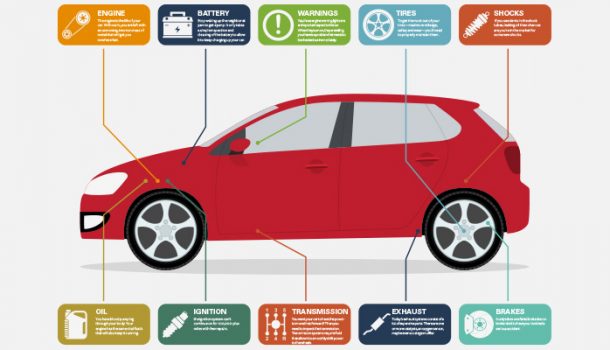Electric vehicles have long been hailed as the solution to carbon emissions (even though other innovations like cloud technology have helped as well). While their development started slow, they are becoming more readily available and affordable to the general population. However, many still question whether they reduce a person’s carbon footprint as advertised.
Pictures of the sites for mining the materials used for electric vehicles frequently circulate as evidence of environmental damage, fueling doubts about their true environmental impact. Furthermore, the use of fossil fuels to generate the electricity used to power these cars creates even more uncertainty about how much they really reduce carbon emissions.
To help you better understand this concept, let’s go over each of these concerns in a little more detail.
Environmental Impact of Electric Car Production
Measuring the emissions involved in electric car production can be complex and hard to follow, especially when talking about battery production. Different studies generate different results based on different measurements and criteria. However, as the cost of these batteries, and subsequently the cars themselves, comes down, these production emissions will become increasingly important.
Part of this variation is the differences in the local impacts of generating the electricity used in the manufacturing process. Some regions use more fossil fuels for electricity generation than others. Other causes of this variation include study assumptions, the specific vehicles being considered, and the expected impact of battery recycling at the end of the car’s useful life.
As more work is done, you can expect more consistency between studies to provide a clearer picture.
Environmental Impact of Running an Electric Car
While some emissions may be released when generating the electricity used to power an electric car, this is generally still less than those released by a gas-powered car, even a brand-new car designed to meet the most stringent emissions standards. The reason is that they have no tailpipe emissions, and depending on the region, energy companies may generate much of the electricity through renewable sources such as solar or wind energy.
The amount of fossil fuels used to power an electric vehicle is overall lower than that used for a gas-powered car. However, this difference varies greatly from region to region, meaning the impact on your carbon footprint may be smaller in some parts of the world than in others.
Overall Impact on Carbon Footprint
Overall, electric vehicles have a smaller carbon footprint than traditional gas-powered cars. This has been supported by multiple studies from several organizations despite the public perception to the contrary. Furthermore, with constantly updating climate goals, electric vehicles are essential in reducing a person’s carbon footprint and lowering global greenhouse gas emissions.
The comparisons between electric and gas-powered vehicles will always be complex, but the data continues to support that electric vehicles lower a carbon footprint. Of course, there is still a lot of work to be done to continue reducing carbon emissions, but electric cars are going down the right path.
Like any other vehicle, electric cars have different parts that can fail. Therefore, you should always be familiar with your car’s warranty to know which parts are covered and for how long. Ultimately, this can save you a lot of money on repairs in the long run.
Follow Techdee for more!





